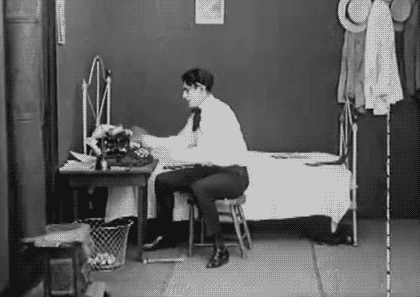ulysses
Guru
Cappy208: I agree it is not just a geographical issue. I take it one step forward and don't consider it necessarily a visibility issue either. I recently related a fairly common situation that I have encountered and used the prolonged blast such as: I am north bound running an easy distance off the bank of a river and meeting a south bound tow on one whistle. There is a boat working on gathering and arranging barges in a fleet that I am about to pass on the two whistle side. That fleet boat has not left the fleet yet, his stern is towards me and it is clear his attention is on the deck crew on the barges. Likewise his radio is probably on a working channel with his crew. We are within site of each other but I question whether he knows I am there and I would prefer he not flip a barge out ahead of me. I sound one prolonged to get the desired attention. The prolonged does not confuse the south bound tow. No collision was imminent so five would have done nothing except wake up three boat's off duty crews.
That might not be in strict conformance with the colregs but it works.
I think there has been some confusion on this thread concerning the original post where two boats are meeting with doubt and clear signs of the potential for collision (five or more blasts if whistle was working) and a later post of a ship entering a fairway full of sailboats that sounded the prolonged.
That might not be in strict conformance with the colregs but it works.
I think there has been some confusion on this thread concerning the original post where two boats are meeting with doubt and clear signs of the potential for collision (five or more blasts if whistle was working) and a later post of a ship entering a fairway full of sailboats that sounded the prolonged.



